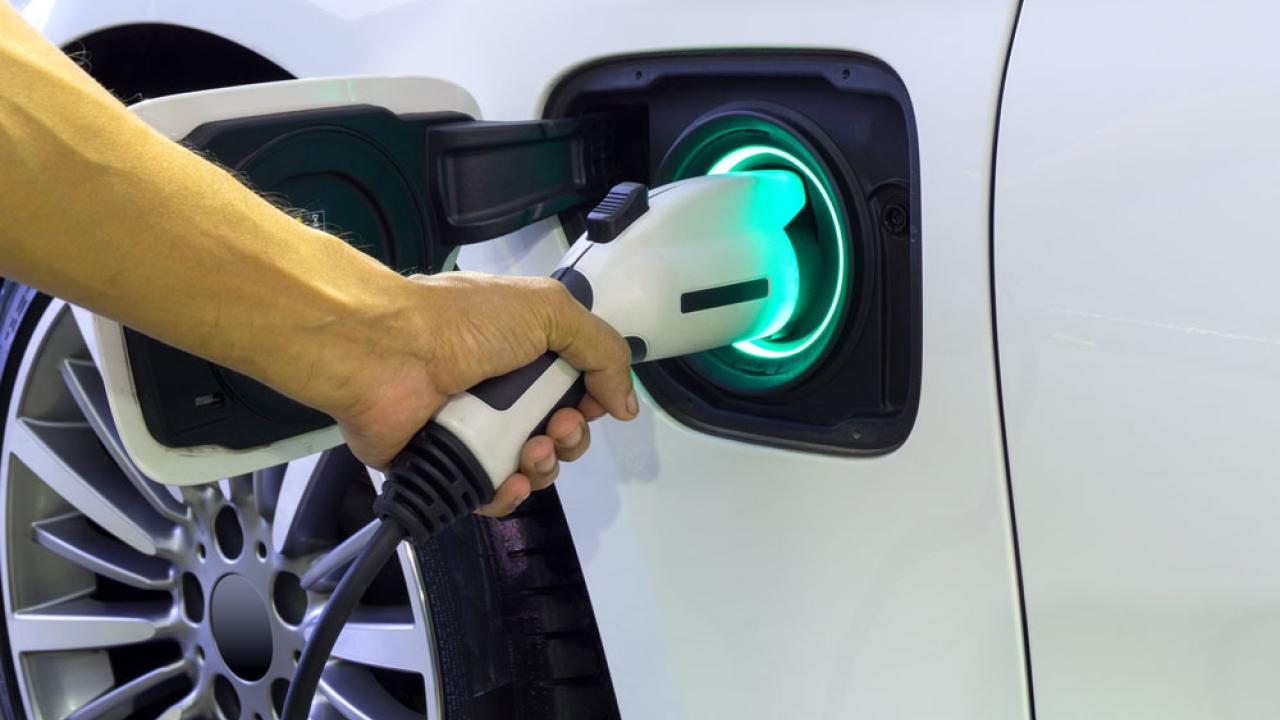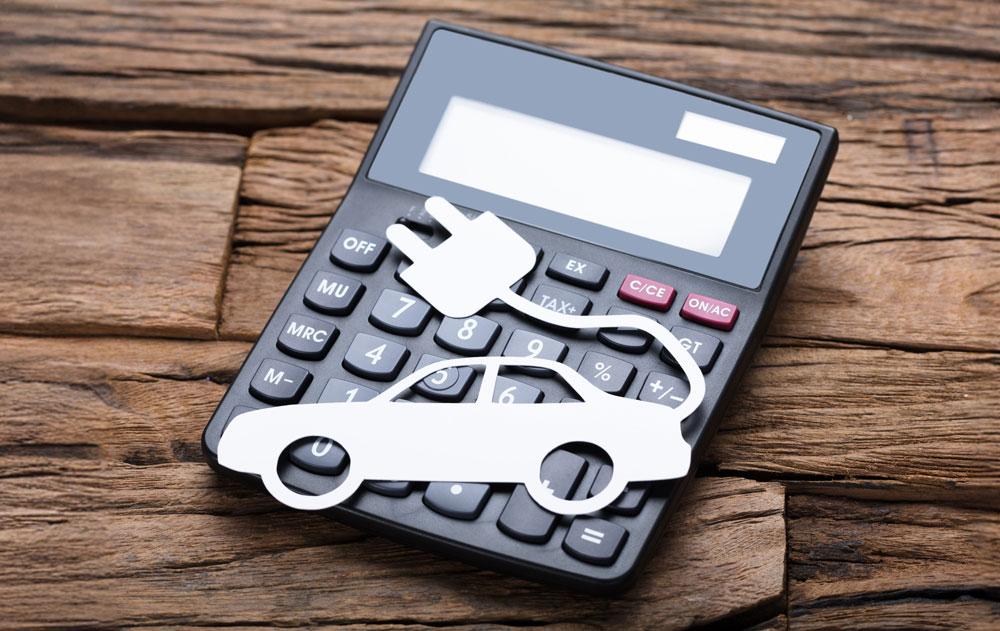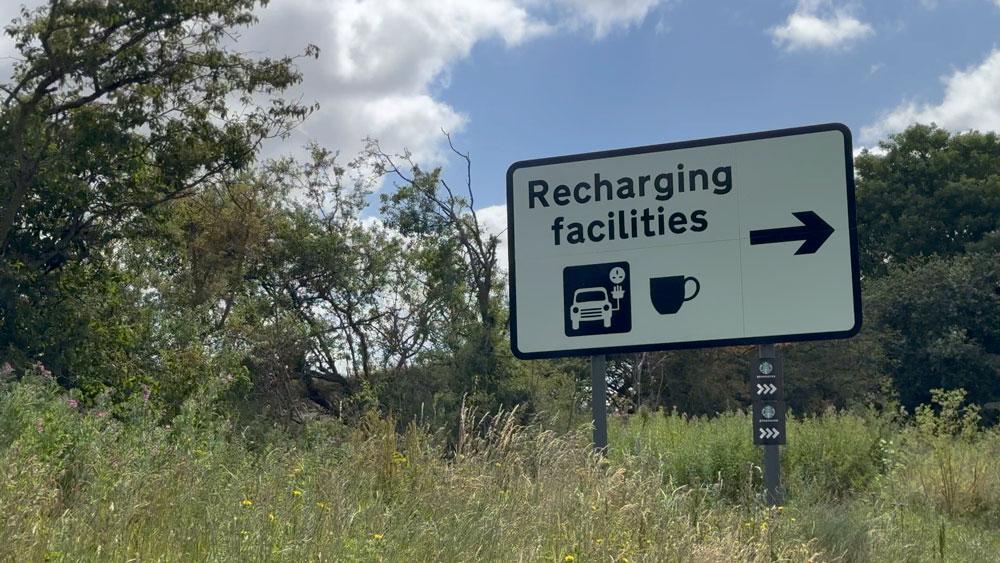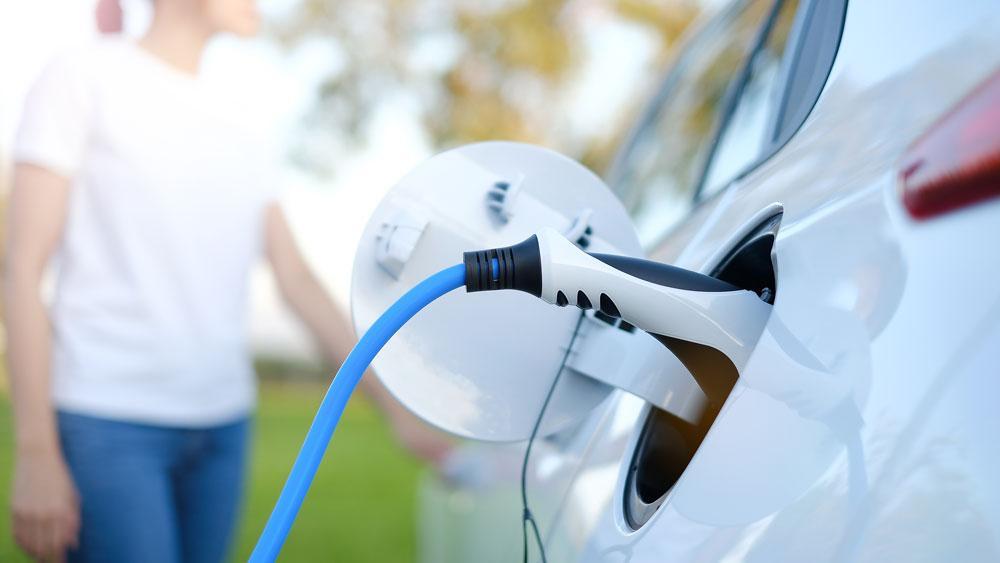The Environment and Climate Change Committee has published a report into the government's electric vehicle strategy, which says a successful transition to electric vehicles is essential if the government is to meet its legally binding net zero target by 2050, however, progress is not happening fast enough, and major barriers remain.
The report says that while there is positive movement, such as the Zero Emission Vehicles mandate. But EVs make up about only three per cent of all cars currently on UK roads, and are still more expensive than their petrol and diesel counterparts. What's more, the availability of public chargepoints across the UK is highly variable.
There was concern that the scale of misinformation has not been matched by commensurate urgency in tackling it. Faced with conflicting claims and alarmist headlines, consumers need a go-to source of comprehensive, clear and balanced information so they can make informed decisions about their vehicles.
The report says the government must publish a roadmap through 2035 setting out the steps it will take to achieve the target.
The Committee is calling on the government to tackle the disparity in upfront costs between electric and petrol and diesel cars, by introducing targeted grants to support consumers buying affordable models.
It says the government must ensure the charging infrastructure rollout is turbo charged by reviewing outdated and disproportionate planning regulations, and tackling delays in the rollout of key public funding programmes.
It must also ensure charging is reasonably priced, convenient, and reliable by equalising VAT rates for domestic and public charging.
The Chair of the inquiry, Baroness Parminter, said: “Surface transport is the UK’s highest emitting sector for CO2, with passenger cars responsible for over half those emissions. The evidence we received shows the Government must do more – and quickly – to get people to adopt EVs. If it fails to heed our recommendations the UK won’t reap the significant benefits of better air quality and will lag in the slow lane for tackling climate change.”







